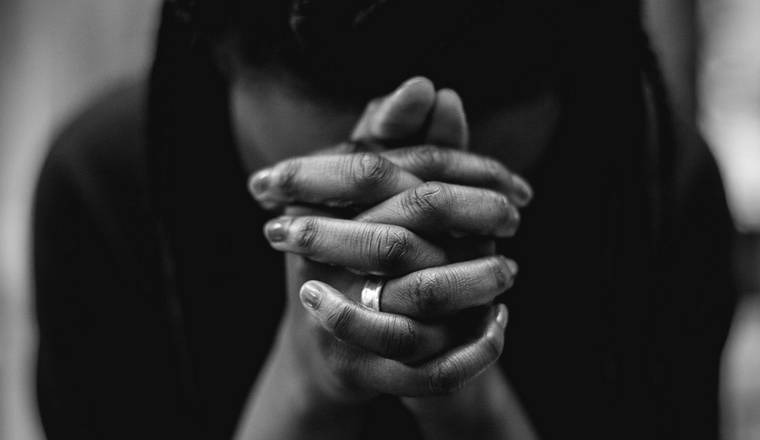Abortion is always a hot topic, especially when potential US Supreme Court justices are being interrogated by the Senate. Even as Sonia Sotomayor tells the US Senate that abortion is “settled precedent in America”, it’s valuable to take a look at some of the things that are being said and done regarding “reproductive rights” these days.
 Ruth Bader Ginsburg and Eugenics:
Ruth Bader Ginsburg and Eugenics:
US Supreme Court Justice Ruth Bader Ginsburg raised some eyebrows by a telling statement she made last week regarding abortion. In an interview with The New York Times, Ginsburg expressed her expectation in 1973 that Roe v. Wade would follow with taxpayers’ paying for abortions because funding abortion would keep undesirable populations from growing.
“Frankly I had thought that at the time Roe was decided, there was concern about population growth and particularly growth in populations that we don’t want to have too many of. So that Roe was going to be then set up for Medicaid funding for abortion,” Ginsburg said.
Ginsburg was surprised that the 1980 case Harris v. McRae upheld a prohibition on taxpayer funding for abortions. The noteworthy thing about her interview was not her view that the American public should have to pay for abortions, but that she believed abortions should be funded for eugenics purposes. “Populations that we don’t want to have too many of” is not going to refer to the wealthy intelligentsia of America, but might refer to populations of feeble-minded, poverty stricken, or racial minorities. Pro-life groups have come out against Ginsburg’s statements, which as a matter of course deny the intrinsic value of human life.
Congressman Trent Franks, an Arizona Republican, told LifeNews.com, “Justice Ginsburg’s statement is appalling, but should be unsurprising to those who are familiar with the roots of the pro-abortion movement, largely organized by eugenicists who wanted to limit population growth amongst peoples they considered to be ‘undesirables.'”
Ginsburg’s statements have been considered racist, and for good reason:
Franks told Life News, “A minority woman is five times more likely to abort her child than a white woman, and far more likely to have a government subsidized abortion clinic in her neighborhood. According to abortion providers, a shocking 50 percent of African-American pregnancies end in abortion.”
Planned Parenthood founder Margaret Sanger was an avid eugenics advocate, but that was many years ago. It is astouding to hear those long taboo views being spoken outloud by a US Supreme Court justice.
In The Courts:
Illinois: Minors who seek an abortion in Illinois will have to first notify their parents, a federal appeals court ruled on Tuesday. Illinois’ parental notification law has not been enforced since 2007, when it was challenged in the courts. The law had first passed in 1984 and was then updated in 1995. The 7th U.S. Circuit Court of Appeals ruled Tuesday that the law did not put an undue or unnecessary burden on young women seeking an abortion. Under the law, girls do not have to get their parents’ permission to get an abortion; they simply have to notify them, and there is a judicial bypass option available. The law will go into effect within weeks if critics do not seek a rehearing.
Massachusetts: Several states away, the U.S. Court of Appeals for the 1st Circuit on July 8th ruled that a 35-foot buffer zone around abortion clinics did not violate the free speech rights of protestors. Pro-life groups which gather at clinics must stay at least 35 feet away, according to a law passed in 2007. The court decided this zone merely regulated specifically where protestors could exercise their free speech rights, and did not infringe on the rights themselves.
The law, the court said, “represents a permissible response by the Massachusetts Legislature to what it reasonably perceived as a significant threat to public safety.”
Tim Chandler, legal counsel for the Alliance Defense Fund, responded to the decision in a statement saying that pro-life advocates “shouldn’t be penalized for expressing their beliefs.” Chandler added,”The government cannot single them out for punishment simply because they want to share their message with people entering the clinic.”
And In Arizona:
Arizona Governor Jan Brewer signed HB2564 on Monday, placing new restrictions on abortions in the state. The bill requires that women have a 24-hour waiting period before getting an abortion, and calls for parental notification and bans on non-doctors’ performing abortions. It also requires doctors to give women a list of the potential risks of abortion as well as alternatives available to them. Former Arizona governor Janet Napolitano consistently vetoed all legislation that curbed abortions in the state.
The battle over abortion continues in full gear, where emotions still run high 36 years after Roe v Wade legalized abortion across America.
Source: http://www.khouse.org







